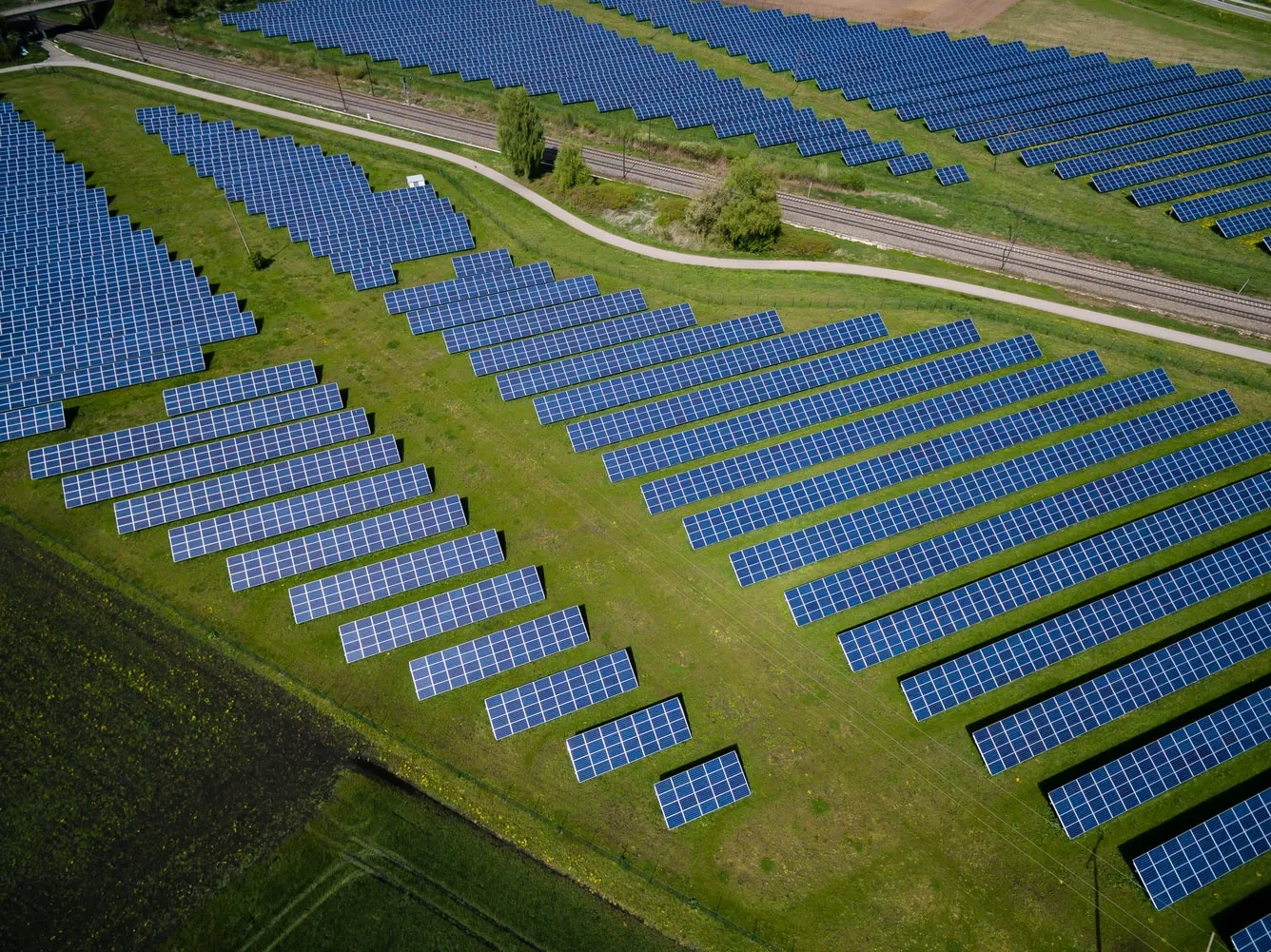EAI welcomes the opportunity to meet with the Joint Oireachtas Committee on Climate Action to discuss the ambition to achieve 51% reduction GHG emission reduction by 2030 compared to 2018 levels and to pursue and achieve by no later than the end of the year 2050, the transition to a climate neutral economy defined as the Draft Climate Bill. Ireland is facing significant environmental challenges, such as decarbonising the economy, preserving and restoring biodiversity, and providing clean air and water to its citizens. Climate change mitigation is crucial to preserve and improve the natural and physical environment in Ireland and increase the standard of living, not only for its current citizens, but also for future generations.
While it is positive that GHG emissions in Ireland have fallen in recent years, e.g., by 4% and 6% in 2019 and 2020 respectively, it is notable that this level of reduction falls short of the level needed to meet the commitments for 2030. The 2021 Climate Action Plan provides an opportunity for Ireland to take a leadership position in the protection of the environment and the decarbonisation of society. There is now an urgent need to address the current policy gaps and outline a clear trajectory for energy and environmental policy in the coming decade, with a stronger emphasis on climate action across the economy, to reduce the burden of decarbonisation post-2030.
Our vision is for a decarbonised future powered by electricity and our sector supports the Government’s ambition for a carbon-neutral economy. As stated by the Climate Change Advisory Council, the continued decarbonisation of Ireland’s Electricity sector is of fundamental importance for achieving climate action targets as this is the foundation of decarbonisation in many sectors.
There is no other energy carrier that can curb GHG emissions in transport and heating sectors to the same extent and scale as electricity. Switching to electricity in those sectors means significantly reducing their GHG emissions due to 1) the Decarbonisation of electricity generation and 2) the higher efficiency of electricity-based technologies.

